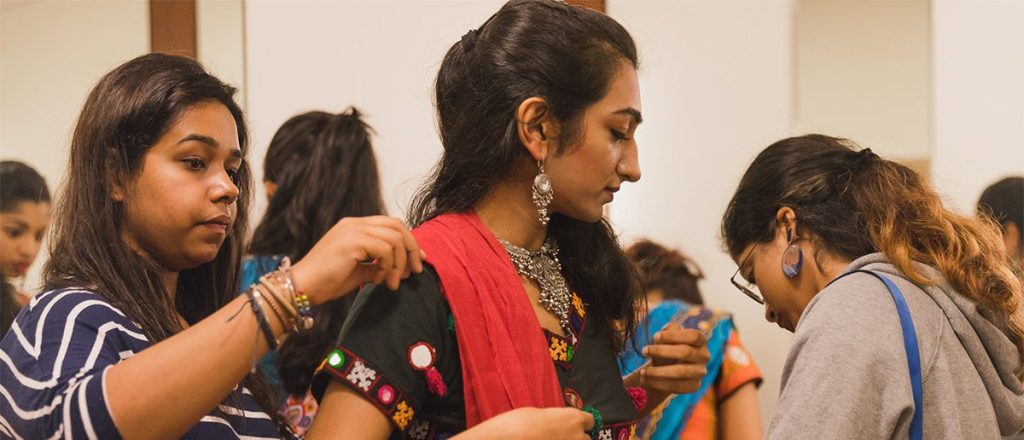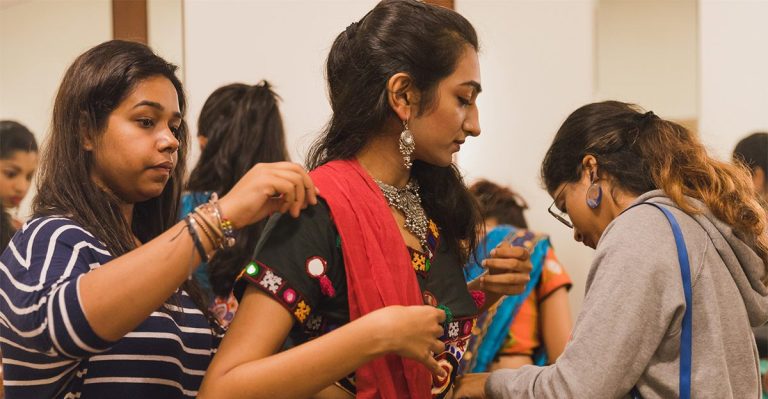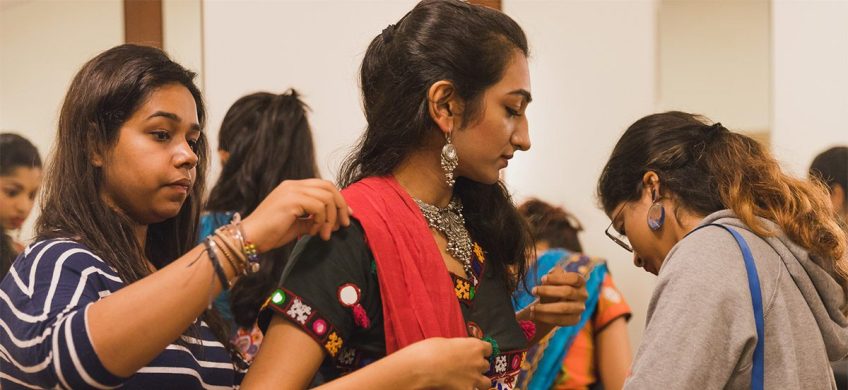A courageous space for students to engage in open and honest conversations about identity, diversity, power and privilege in relation to their own lives and in their interactions.
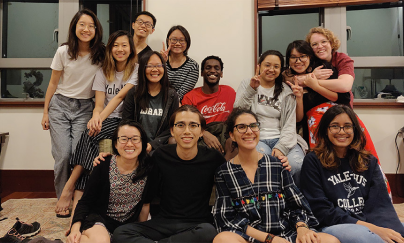
Intergroup Dialogue (IGD) is structured as an eight-week course for up to 16 participants and consists of small group and large group facilitated discussions on one identity, personal sharing, readings, journaling, and one-on-one sessions with facilitators. Learning in intergroup dialogue mainly happens through personal sharing and growth in self-awareness.
These are examples of concrete ways in which IGD can significantly benefit Yale-NUS students:
- Activate lifelong professional and personal development for global engagement
- Equip students with important tools to exchange opinions and feelings in a ful manner and resolve conflict through effective communication
- Create social awareness about power and privilege not only in Singapore but across the globe – through honest and open personal sharing
- Model conversations about individual experiences relating to social and political identities
- Cultivate a socially responsible community through vulnerable and reflective exchange
The IGD programme offers specific tracks to focus on a specific identity group or topic in further depth, and is guided by Yale-NUS staff members trained as IGD facilitators.
Previous IGD tracks offered by Intercultural Engagement include:
- Gender
- Religion & Spirituality
- Sexuality & Sexual Orientation
- Race & Nationality
- Socioeconomic Status
More about Intergroup Dialogue
Intergroup Dialogue is a face-to-face, curriculum-based, and facilitated conversation between members of different social identity groups, to encourage student participants to explore singular and intersecting aspects of their identities while critically examining dynamics of power, privilege, diversity and inequity in society, as well as building skills for commitment to social responsibility and action. The methodology, which blends theory and experiential learning and includes personal story-sharing, reflection activities, and dialogue across difference, was first developed at the University of Michigan-Ann Arbor, and has been widely researched and adopted by many college campuses in the US and across the globe.
Many US liberal arts colleges, having a multicultural student body, are committed to exploring various aspects of diversity and identity. However, in Facilitating Intergroup Dialogue: Bridging Difference, Catalysing Change, Biren A. Nagda and colleagues note that this focus on diversity often tends to be limited to the classroom: “the structural and curricular diversity simultaneously supports and challenges intergroup relations on campus…[there is an] intellectual interest in diversity that might be theoretically or passively consumed rather than authentically practiced as part of the educational process.” Intergroup Dialogue aims to bridge this gap by bringing together students who are willing to engage in interpersonal risk to transform intergroup relationships on campus.
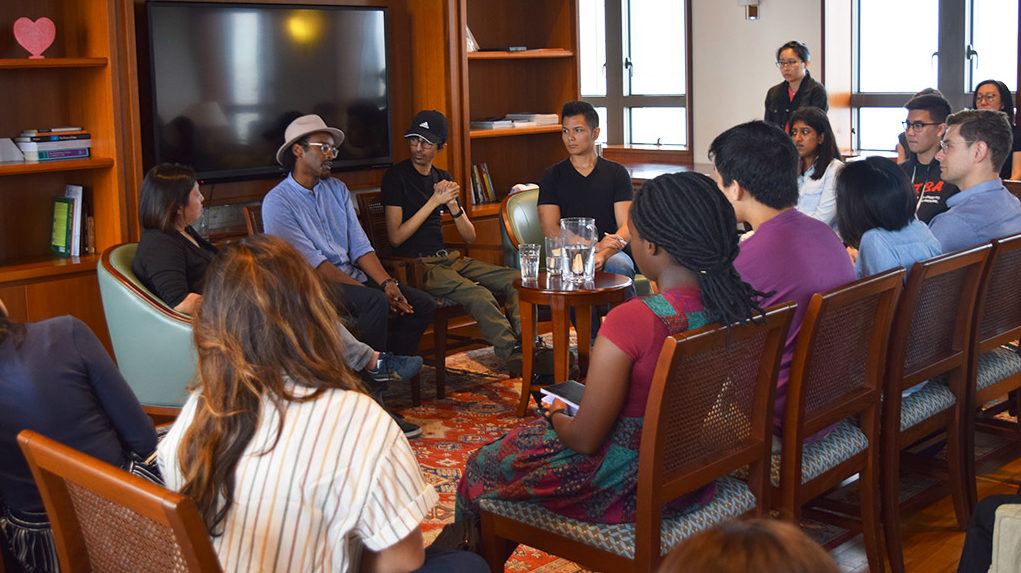
Intercultural Engagement Space
The Intercultural Engagement Space is a dedicated place open for all members of the community to visit and engage with.
What is this space about?
The space serves as a physical space for connecting with members of the Intercultural Engagement team to learn more about initiatives, seek guidance or receive additional resources. This is also a space that can be used by Identity Collectives formed by our student community. There is a Resource Library available in the office, including books and materials covering topics including identity, social justice, mental health, and sexual health. All materials are available for open use by students during office hours.

Yale-NUS College
Singapore 138529
Monday to Friday
Closed on Saturday, Sunday and Public Holidays

